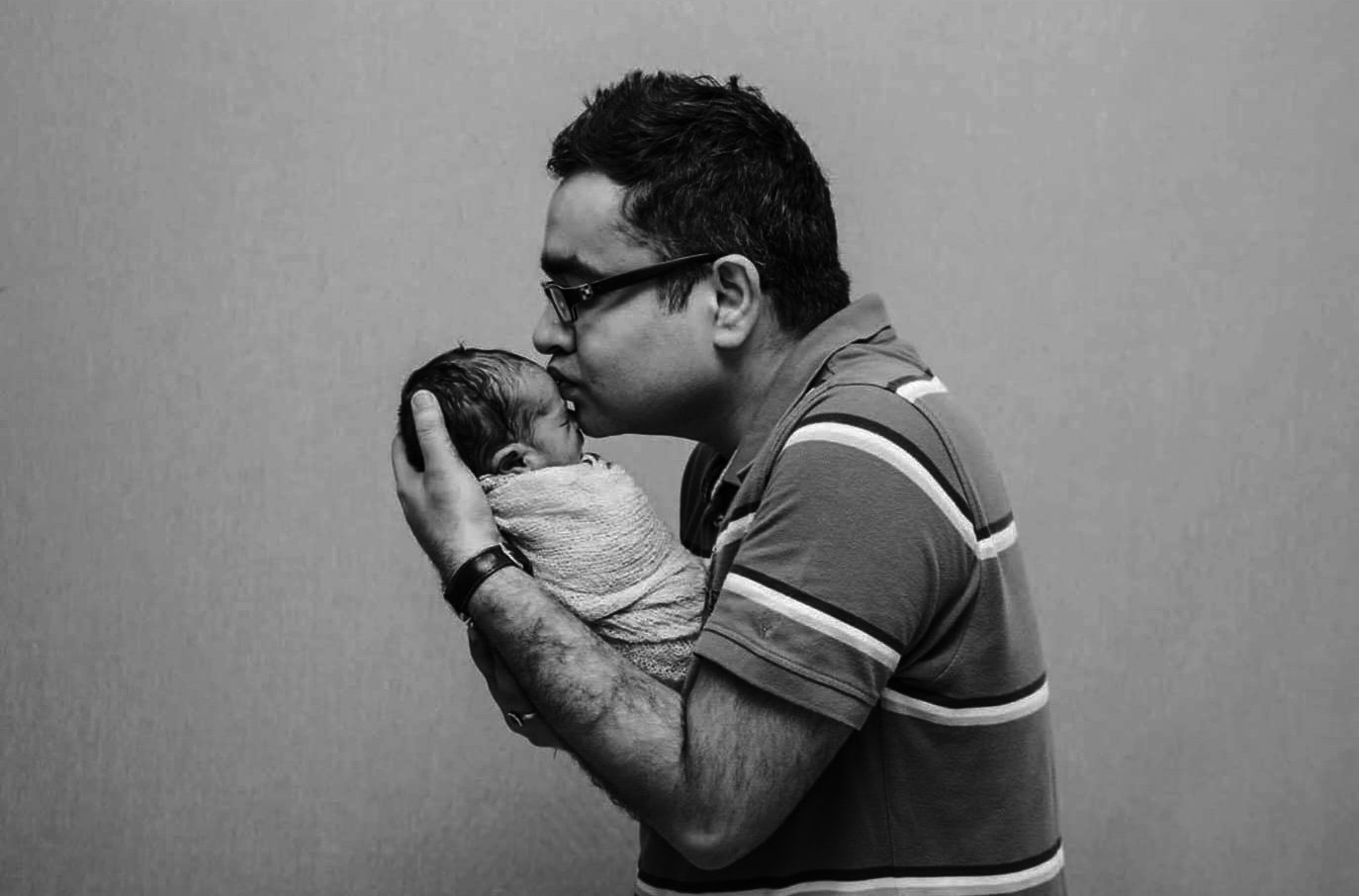Infertility Treatment

At Complete Women Care, we understand that the journey to parenthood can be deeply personal and sometimes challenging. Infertility is more common than many realize, and our goal is to provide compassionate, comprehensive support to help individuals and couples achieve their dreams of building a family.
The typical reproductive process—from ovulation to implantation—involves several critical steps:
- The brain releases hormones to regulate ovarian function
- An egg matures within the ovary
- The egg is released (ovulation)
- The egg is captured by the fallopian tubey
- Sperm travels through the reproductive tract to meet the egg
- Fertilization occurs in the fallopian tube, forming an embryo
- The embryo implants itself into the uterus
When this process is disrupted, infertility may be diagnosed. Women under 35 are typically considered infertile after 12 months of trying to conceive without success, while for women 35 and older, evaluation is recommended after six months.
Understanding the Types of Infertility
Infertility can take various forms:
- Primary Infertility: Difficulty conceiving in individuals or couples who have never been pregnant before.
- Secondary Infertility: Challenges conceiving after previously having one or more successful pregnancies.
- Unexplained Infertility: When comprehensive fertility testing fails to identify a clear cause for the inability to conceive.
Each type requires a tailored evaluation and approach, which Dr. Puuja Arora Bhatnagar and her team are highly experienced in providing.
What Causes Infertility?
Infertility can result from a range of health conditions, involving either the female or male partner—or both. In some cases, no specific cause is found.
Female-Related Causes:
- Ovulation Disorders: Irregular or absent ovulation due to PCOS, thyroid dysfunction, or premature ovarian failure
- Blocked or Damaged Fallopian Tubes: Often caused by endometriosis, pelvic inflammatory disease, or past surgeries
- Uterine Abnormalities: Including fibroids, polyps, or structural defects
- Age-Related Decline: Decreased egg quality and quantity, especially after age 35
Male-Related Causes:
- Sperm Issues: Low sperm count, poor motility, or abnormal shape
- Ejaculatory Disorders: Such as erectile dysfunction or retrograde ejaculation
- Genetic Factors: Chromosomal abnormalities affecting sperm production
Combined and Unexplained Causes:
Many couples experience infertility due to multiple contributing factors from both partners. About 25% of infertile couples have more than one cause, emphasizing the need for a thorough and holistic evaluation.
Diagnosis of Infertility at Complete Women Care
To determine the cause of infertility, Dr. Puuja Arora Bhatnagar performs a comprehensive assessment of both partners, which may include:
- Ovulation Testing: Checking hormone levels like LH and progesterone to confirm ovulation
- Hysterosalpingography (HSG): An X-ray procedure to identify blockages in the uterus or fallopian tubes
- Ovarian Reserve Testing: Evaluating the number and quality of eggs, especially in women over 35
- Hormonal Analysis: Assessing thyroid, pituitary, and reproductive hormone levels
- Pelvic Imaging: Ultrasound, hysteroscopy, or saline sonogram to visualize the uterus and ovaries
Fertility Treatment Options Available
The choice of treatment depends on the specific cause, age, health status, and reproductive goals of the individual or couple. Options include:
Medications
- Ovulation Induction Drugs: Such as Clomiphene Citrate or Letrozole to stimulate egg release
- Hormonal Treatments: To address imbalances or support regular ovulation
- Male Fertility Medications: To improve sperm quality or production
Intrauterine Insemination (IUI)
A procedure where sperm is placed directly into the uterus during ovulation to increase the chance of fertilization.
In Vitro Fertilization (IVF)
Eggs are collected and fertilized with sperm in a laboratory setting. Resulting embryos are then transferred to the uterus. IVF is often recommended when other treatments are unsuccessful or in cases of severe infertility.
Intracytoplasmic Sperm Injection (ICSI)
A specialized form of IVF in which a single sperm is directly injected into an egg. This is ideal for severe male factor infertility or past IVF failure.
Surgical Options
Corrective Surgery for blocked fallopian tubes, fibroids, polyps, or endometriosis
Laparoscopy or hysteroscopy to diagnose and treat reproductive abnormalities
Donor Programs and Surrogacy
Donor Sperm or Eggs: Used when the individual's own gametes are not viable
Surrogacy: A woman carries a pregnancy for another individual or couple who cannot conceive or carry to term
